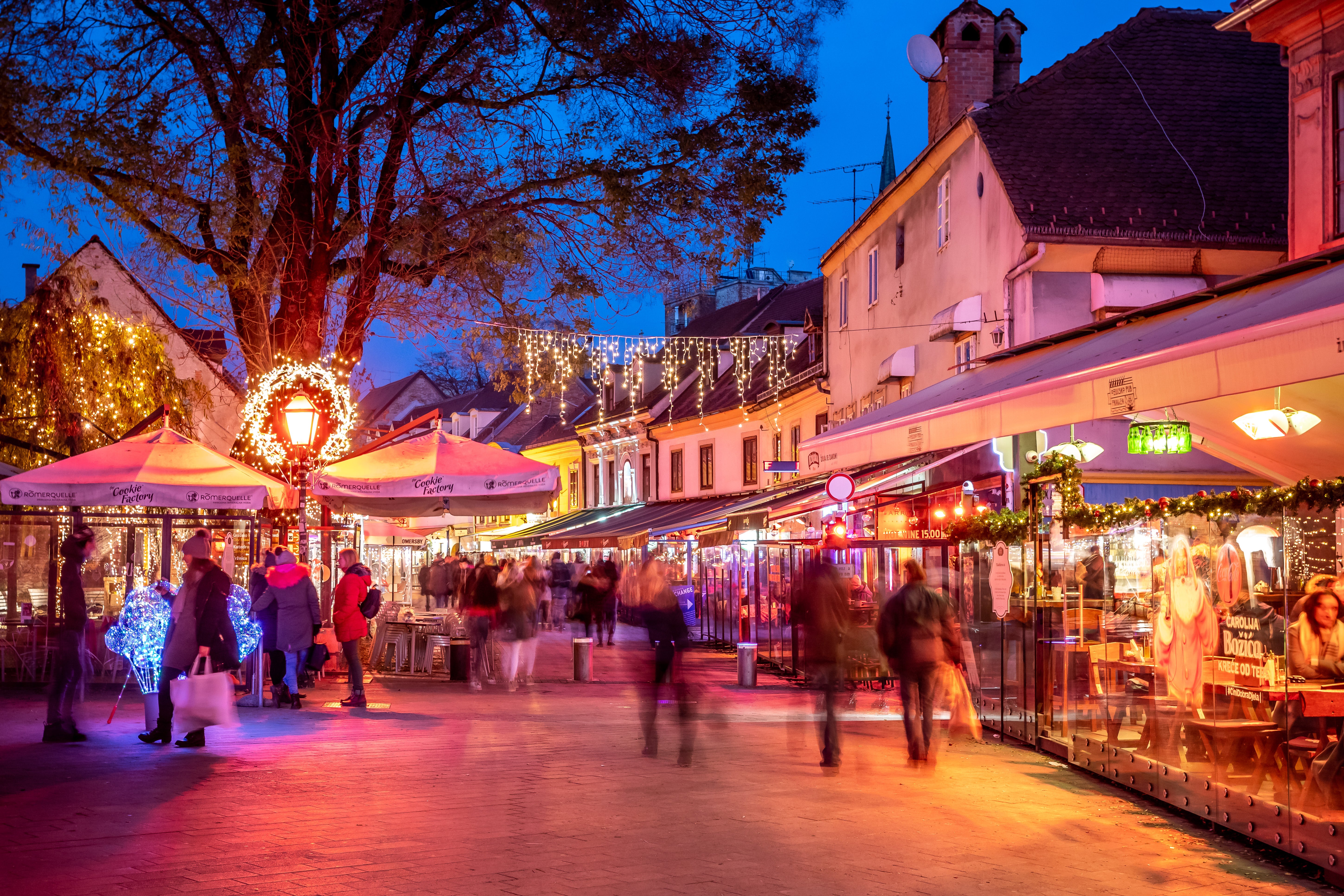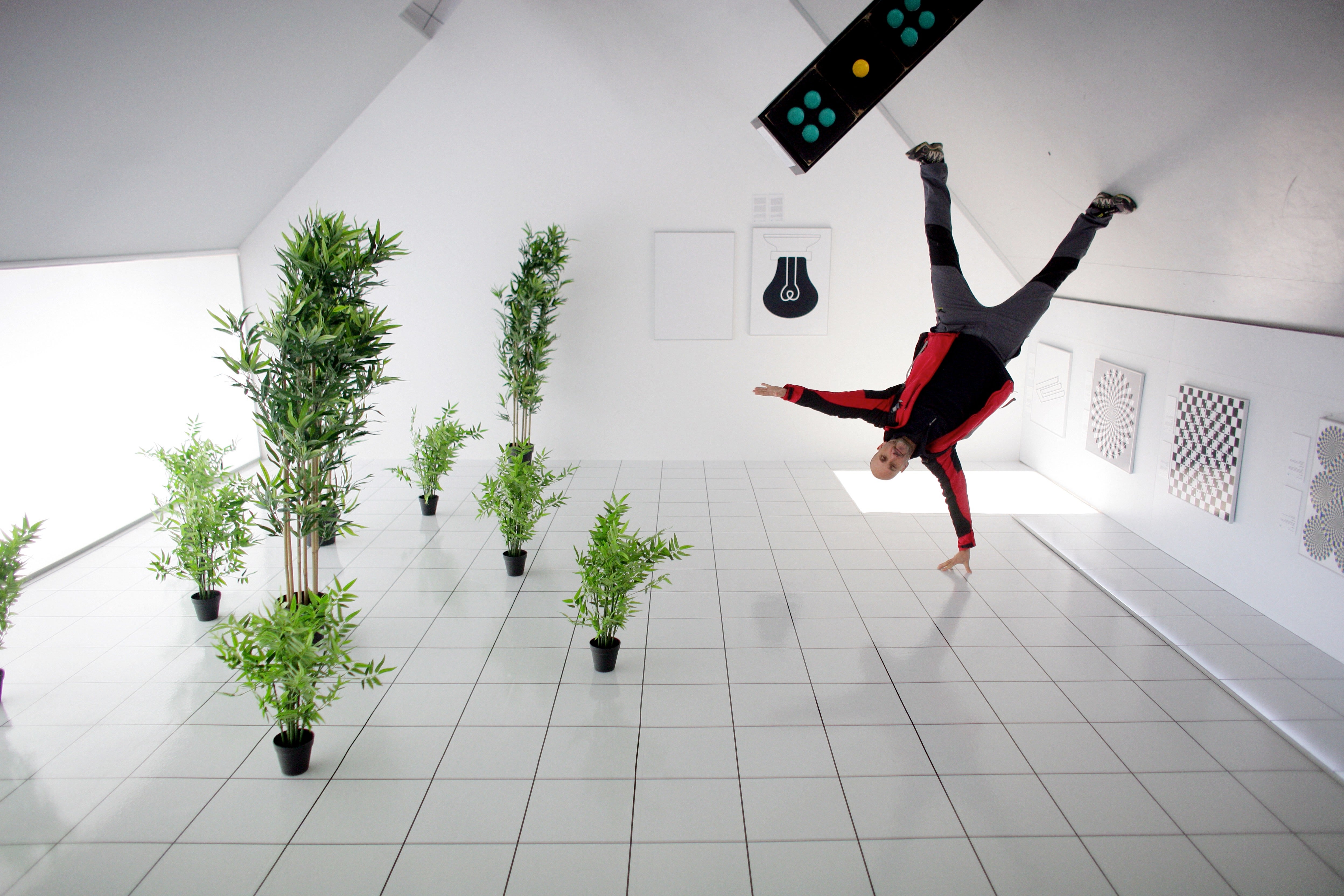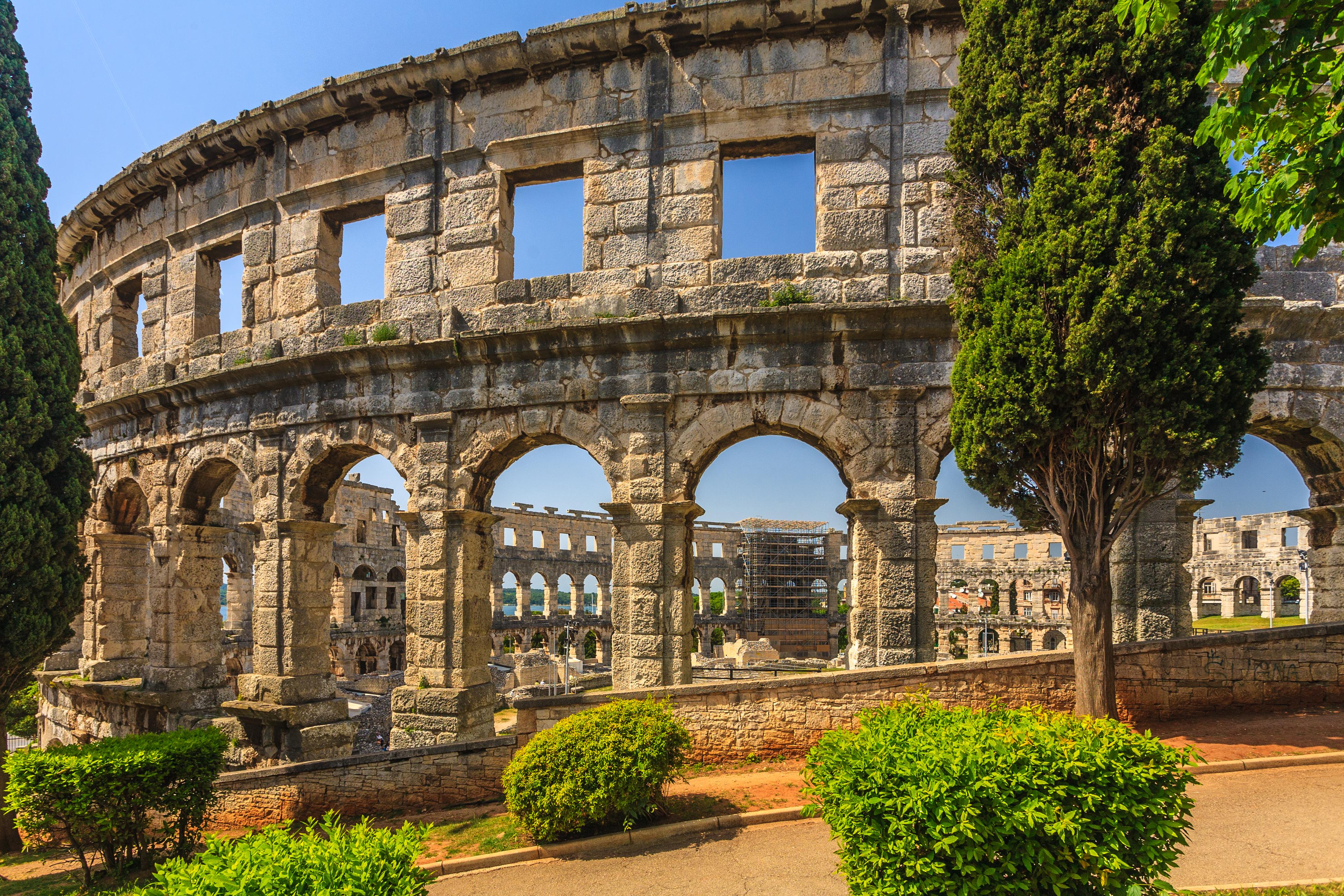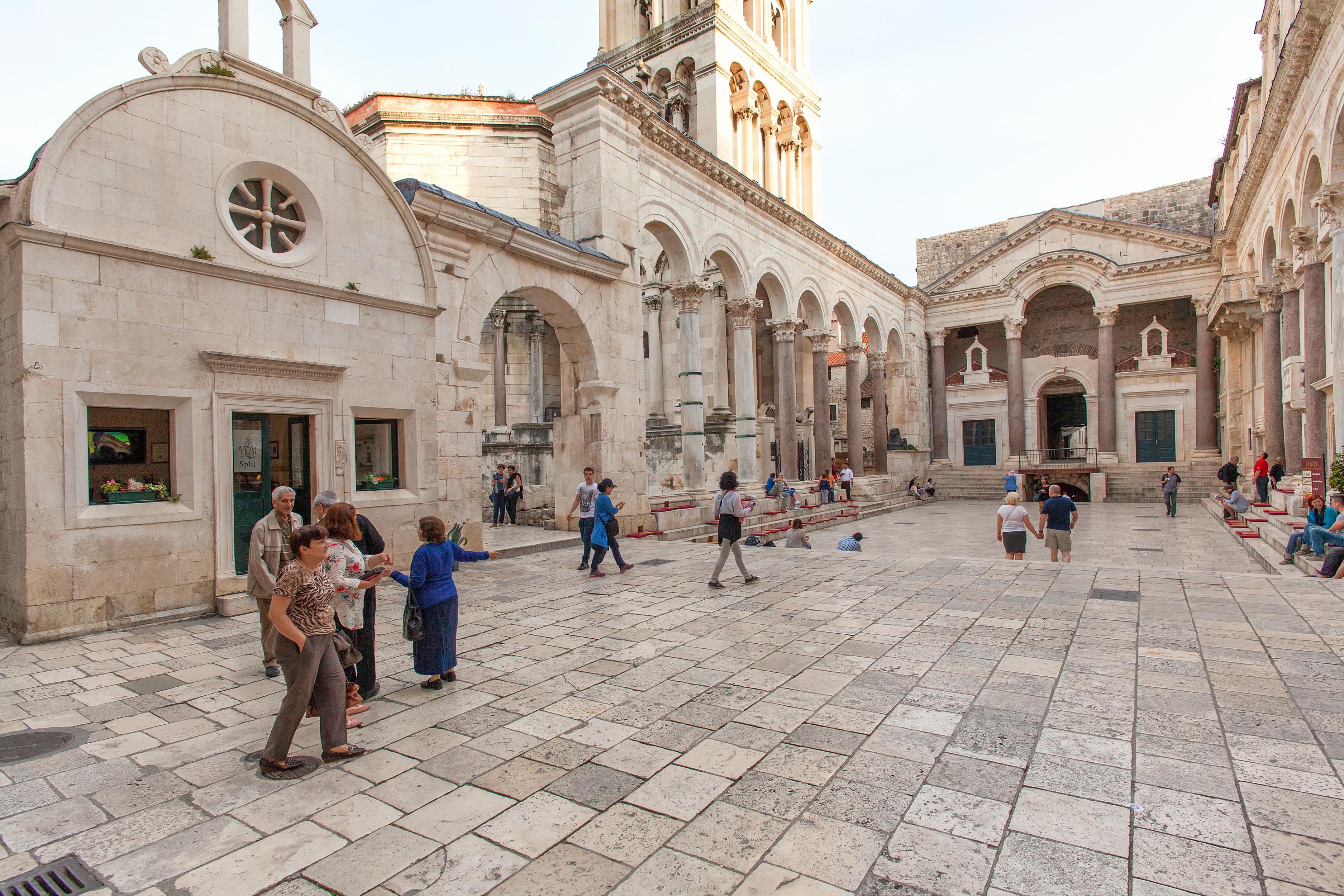A Croatian culture trip: from galleries and markets to live events, your must-experience guide
From 80s themed museums to bustling markets and artsy festivals, take a seriously cool culture trip in Croatia

Croatia, or the land of a thousand islands as it’s sometimes lovingly called, has a diverse and vibrant cultural scene that perfectly reflects its history, traditions and influences from civilisations worldwide. The country is a patchwork of breathtaking architecture, perfectly preserved historical sites, art, literature, music and traditional folk dancing, making it an excellent destination for discerning culture seekers. Here’s where to go and what to do on a cultural trip in Croatia.
Naïve art and quirky museums

Zagreb has become the cultural beating heart of the country, home to countless museums that hold priceless collections of national significance. Croatia is a haven for naïve art, a genre of art that refers to artwork by those who have received no formal training. The world’s very first Naïve Art Museum can be found in Zagreb, where around 2,000 works are dedicated to the work of naïve artists of the 20th century.
Just a short walk away, you’ll find Tkalčićeva Street, the most picturesque and colourful street in the region, home to rows of pastel-coloured townhouses. It was once a flowing river meandering through the city, but because of pollution, it was converted into streets at the end of the 19th century. It’s now studded with quaint boutiques, traditional shops, cafes and restaurants. It’s easy to while away a few hours here simply strolling and snapping photos.
For something a little different, head to the Museum of Illusions, which boasts one of the largest hologram exhibitions in this part of Europe. Alternatively, if you’re looking for some nostalgia vibes, travel back in time to the 80s at Zagreb’s 80s Museum, a former flat that’s been converted to look like it’s been plucked straight out of the era, a time that signified a period of dynamic cultural, social, and political change throughout the country. Mycophiles will also love the Mushroom Museum, where a huge collection of mushrooms is beautifully displayed and labelled.
Medieval marvels

It’s probably no surprise that a city steeped in as much history as Dubrovnik has bucketloads of cultural activities to get stuck into. The old town itself is listed as a UNESCO World Heritage Site and is a stunning example of a fortified maritime city enclosed by some of the most well-preserved medieval walls in the world. They stretch for almost 2 km, and you can ramble along them while soaking up the views of the historic surrounding city and the Adriatic Sea.
The Franciscan Monastery and its Old Pharmacy Museum are must-visits for architectural enthusiasts. The monastery’s solid stone walls are some of the most magnificent late-Romanesque structures in the country, and inside, you’ll find an old pharmacy where the third-oldest functioning pharmacy in Europe once stood, dating all the way back to the early 1300s. Dodge the crowds by planning your visit for right at the end of the day.
Markets and music

Perusing the open-air market in the baroque square of Gundulićeva Poljana makes for a mellow morning activity. Tables are stacked high with fresh produce and items like lavender oil and local products made just outside of the town, mainly in the Konavle region.
During the height of summer, Dubrovnik comes alive with the sounds of live music, and there are many venues showcasing local talent. Enjoy live performances at bars with rooftop terraces with an idyllic ocean backdrop and incredible sunsets or seek out local craft breweries where you can enjoy intimate gigs while you sip on ice-cold beers made onsite.
Festival-wise, dance fans will love Ultra Europe, a three-day event with a line-up of some of the world’s top EDM DJs. While throughout July and August in Pula, the old Roman amphitheatre hosts a series of concerts. From classical and pop to DJs and more, all with the backdrop of the historical Pula Arena, the only remaining amphitheatre to have all four sides still completely preserved.
Arts and architecture

If your itinerary allows, make time to swing by Split, a city overflowing with ancient history and known for its lively cultural scene. The UNESCO World Heritage Diocletian’s Palace is at the heart of the city and is a marvellous example of Roman palatial architecture. Built in the 4th century by the Roman Emperor Diocletian, its once lavish past is a distant memory.
These days, it’s scattered with local shops, restaurants and cafes between narrow, unassuming passageways and cobbled streets. For unbeatable views as far as the eye can see, scale the bell tower in the palace, which punctuates the skyline overlooking the city’s historic centre, reaching a dizzying six storeys high.
If you happen to visit while the Split Summer Festival is in full swing, you’ll be treated to performances of every kind. It’s an ode to the arts and is one of Croatia’s oldest theatre festivals with a programme of drama, ballet, opera, concerts and exhibitions.
The Split Archaeological Museum is also well worth a visit for more archaeological discoveries. It houses incredible prehistoric, Roman and early medieval artefacts, offering valuable insight into the region’s remarkable archaeological heritage.
To find out more about cultural events and experiences in Croatia and to start planning your trip, click here



